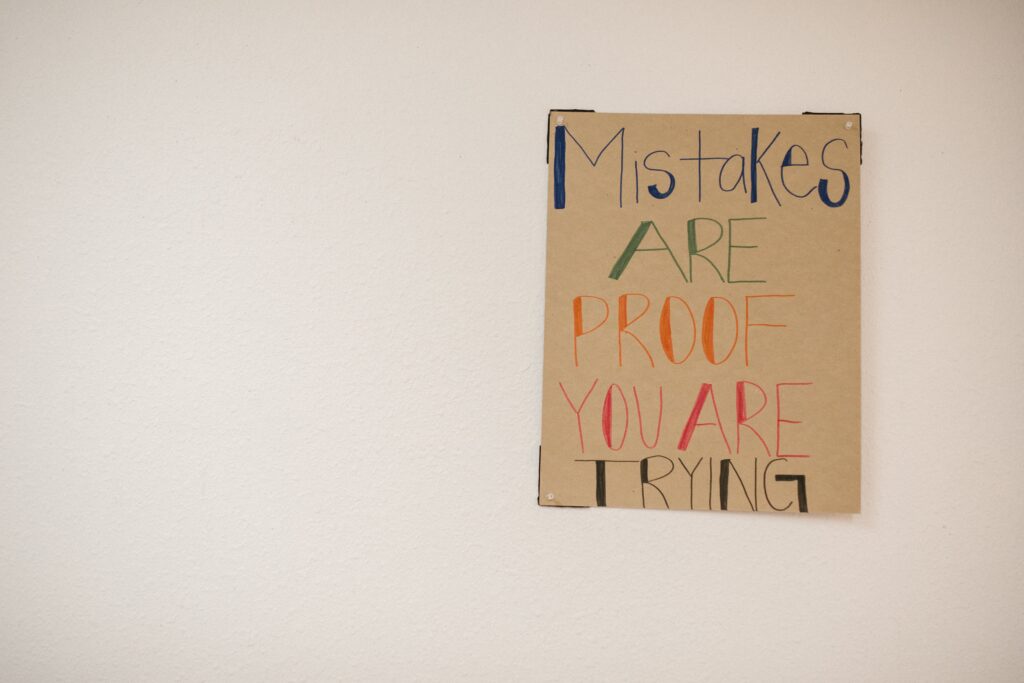Decoding ‘Lucky Girl Syndrome’: The Pursuit of True Happiness

In the age of social media and constant connectivity, a new phenomenon has emerged, capturing the attention of many – ‘Lucky Girl Syndrome.’ This term refers to the pervasive belief that some individuals lead effortlessly perfect lives, seemingly blessed with an abundance of luck, success, and happiness. In this post, we’ll explore what Lucky Girl Syndrome is, why it has become so popular in today’s society, and most importantly, why practicing it might not be the key to genuine well-being.
Understanding Lucky Girl Syndrome:
Lucky Girl Syndrome is a perception-driven phenomenon where individuals, predominantly women, are believed to effortlessly navigate life, achieving success, beauty, and happiness without visible effort. Social media platforms often amplify this illusion, showcasing curated snapshots of seemingly perfect lives, leaving others to compare their own reality to these carefully crafted images.
Why is Lucky Girl Syndrome Popular?
- Social Media Influence: Social media platforms provide a curated space for individuals to showcase the highlights of their lives. The constant exposure to these polished versions of reality can lead to a distorted perception that everyone else is living a charmed life, fostering the desire to emulate these supposed ideals.
- Comparative Culture: Modern society tends to foster a culture of comparison. The relentless pursuit of success, beauty, and happiness can leave individuals feeling inadequate, leading them to believe that others possess an innate ‘luck’ that they lack.
- External Validation: The digital age places a premium on external validation. The number of likes, followers, and comments on social media can become a measure of one’s worth. The pursuit of Lucky Girl Syndrome may stem from the desire for external validation and societal approval.

Practicing True Well-being Instead:
While the allure of Lucky Girl Syndrome may seem tempting, it’s essential to recognize that true happiness and well-being come from within and cannot be achieved through external markers alone. Here are some alternative practices to foster genuine happiness:
- Embrace Imperfections: Recognize that imperfections are a natural part of the human experience. Embrace your flaws and acknowledge that nobody’s life is perfect, regardless of appearances.

- Cultivate Gratitude: Focus on the positive aspects of your life and cultivate a sense of gratitude. Regularly expressing appreciation for what you have can shift your perspective and contribute to lasting happiness.
- Set Authentic Goals: Instead of chasing societal ideals, set goals that align with your authentic self. Define success on your terms, considering your values, passions, and personal fulfillment.
- Disconnect and Reconnect: Take breaks from social media to detach from the comparison trap. Reconnect with yourself and your real-life experiences, fostering a deeper understanding of what truly brings you joy.
- Prioritize Mental Health: True well-being encompasses mental health. Practice self-care, seek support when needed, and prioritize activities that contribute positively to your mental and emotional state. Check out more on self love here

Conclusion:
While Lucky Girl Syndrome may be a prevalent trend in today’s culture, it’s crucial to recognize it as an illusion that can lead to dissatisfaction and a perpetual cycle of comparison. Instead of chasing an idealized version of happiness, focus on nurturing your authentic self, embracing imperfections, and cultivating genuine well-being from within. In the pursuit of a truly fulfilling life, authenticity and self-acceptance will always prevail over the fleeting allure of external appearances.



Leave a Reply